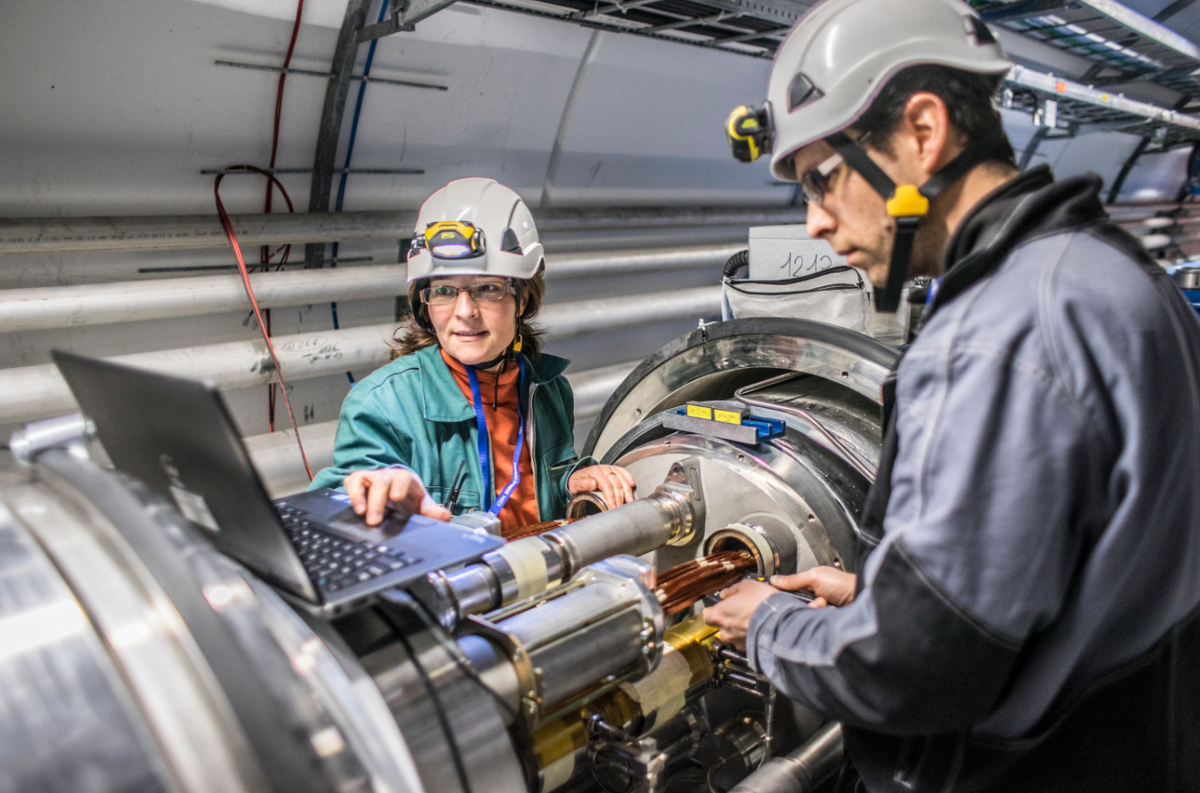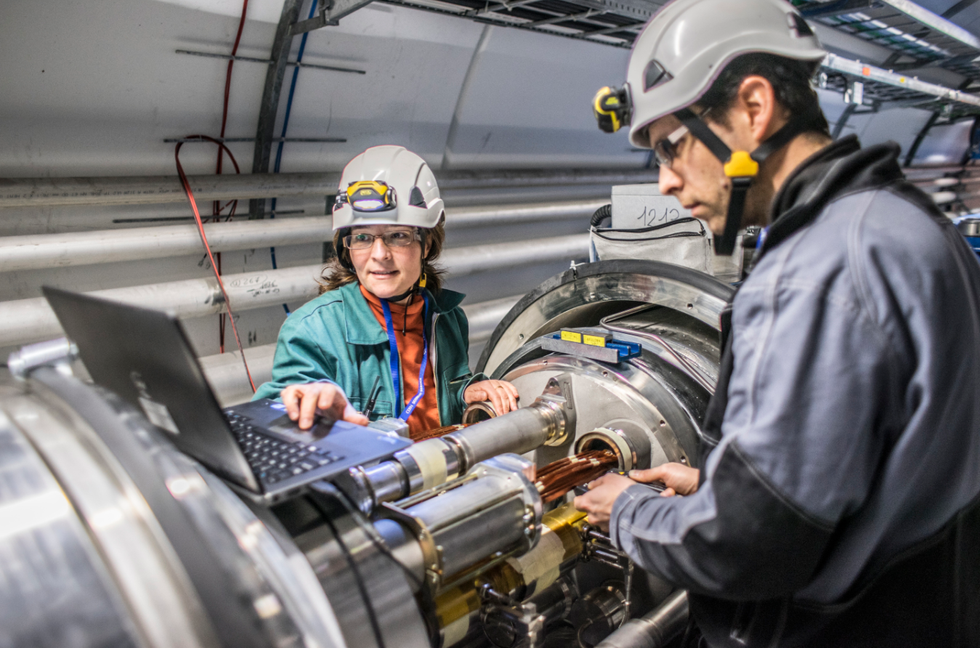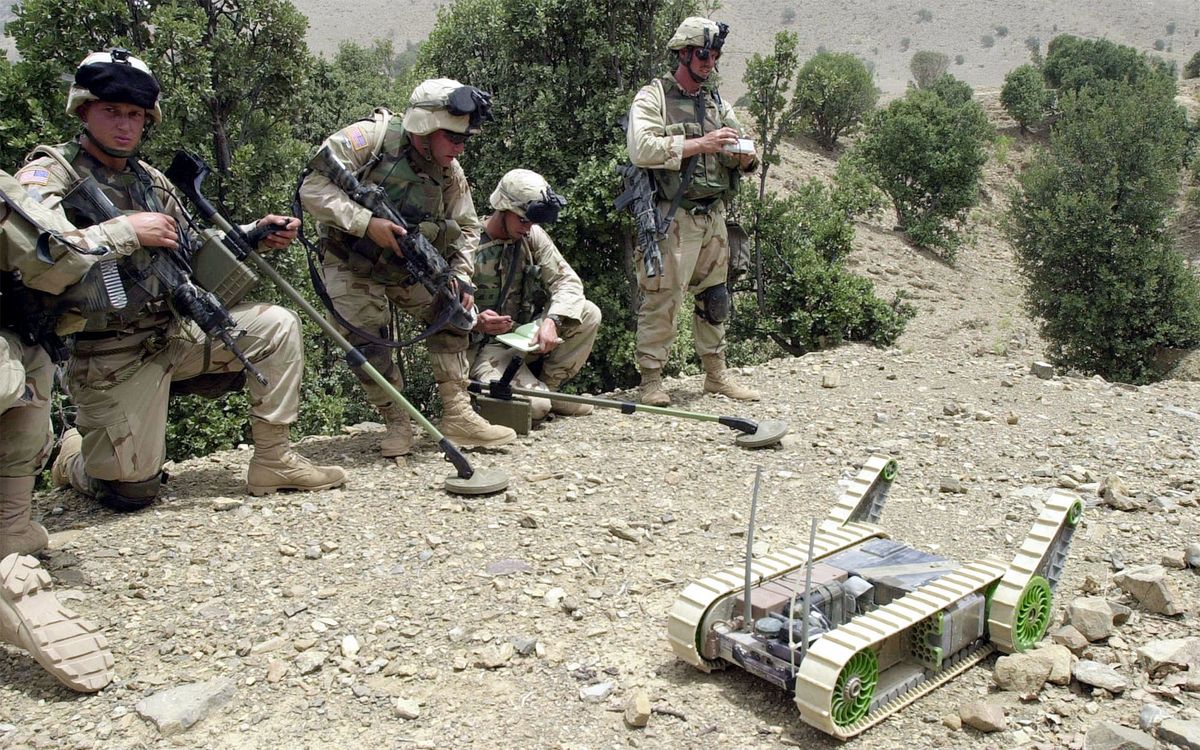When you think of CERN, what comes to mind? The Large Hadron Collider. The Higgs Boson’s discovery in 2012. An amazing scientific endeavor bringing together physicists and engineers from all over the world to work towards a common goal: to probe the fundamental structure of the universe. But not necessarily of just how important technicians are for this incredible scientific endeavour.
CERN, the European Organization for Nuclear Research is one of the largest scientific experiments in the world. Unravelling the mysteries of the universe is a big task, and one of the reasons that experts come to CERN – to test themselves, push their abilities and help create history with groundbreaking discoveries. But this is not just about physics. The engineering and technical skills needed to make the experiments succeed are as world-class as the science behind them. If you want to help answer the world’s toughest questions, this is the place to do it.
Sitting astride the Franco-Swiss border, funded by 22 Member States, it is where the world's largest and most complex scientific instruments are used to study the basic constituents of matter – the fundamental particles. These particles are made to collide together at close to the speed of light and the process gives the physicists clues about how the particles interact, and provides insights into the fundamental laws of nature.
Technicians at CERN
And where do technicians fit into this picture? The answer: in every corner of the Organization. Engineers and technicians are vital to CERN's activities – to push the boundaries of experimental physics, they're building some of the most advanced machines in the world.
The instruments used at CERN are purpose-built particle accelerators and detectors. Accelerators boost beams of particles to high energies before the beams are made to collide with each other or with stationary targets. Detectors observe and record the results of these collisions. The physics programme at CERN presents engineers and technicians with varied challenges at the forefront of technology, from the atomic scale to the colossal. Engineers build and test the machines and systems that physicists rely on, and technicians to keep these systems running smoothly, performing repairs and upgrades where necessary.
David Francis, responsible for the trigger and data acquisition systems of the ATLAS experiment at CERN sums it up in a short sentence: “I have great respect for the contribution of technicians to experimental physics. You could say they are the unsung heroes of our field”.
Building a particle accelerator, for example, can require civil engineering: digging tunnels and installing large infrastructure projects. Other engineers and technicians assemble components: radiofrequency cavities must be crafted to just the right shape and size to boost particles along accelerators; thousands of huge, custom-built electromagnets focus particle beams and guide them around bends in circular accelerators; and the world's largest cryogenic system cools magnets on the Large Hadron Collider (LHC) to close to absolute zero, so that the wires supplying their electricity can work in a superconducting state, without losing energy to resistance.
Detectors present other engineering challenges. Their components and subsystems are designed, built and tested separately, before they are joined together to work in harmony. Kilometres of wiring and thousands of electrical components make particle detectors a complex feat of engineering.
CERN hires technicians to work in all domains ranging from electronics to computing, electricity, mechanics, IT, vacuum, cooling and ventilation, safety, radioprotection, survey engineering, process operation and so many more! The Organization relies on this expertise and the Technician Training Experience programme (TTE) is aimed at technicians who are looking to get a first, great professional experience to further their career, or before they embark on advanced study programmes.
Jamie is one of the technicians who took advantage of this scheme to come to CERN and gain invaluable experience: “I didn’t think there was any chance that at 22 I’d be moving to Geneva to work on the very experiment I’d had hung on my wall for four years. I always wanted to work on big machines for science, but I didn’t think I would be working on the largest machine on the planet so soon!”. Zoe works at CERN as a junior fellow, assigned to the project of the FCC (Future Circular collider). The FCC is a new 100km, 16 Tesla collider, which would be a worldwide collaboration project. “My role is the research into the feasibility of fitting the new dipole magnets into the original LHC tunnel; an intermediate solution. The idea is similar to the game played by babies of fitting the correct block into the correct hole, where the dipole is a square and the tunnel is the circular hole. It’s a project of many iterations and a balancing act of magnets, structures and cryostats.” Ashley, a mechanical technician also from the UK, came to CERN following an apprenticeship with STFC during which time he gained experience in France at the Institut Laue Langevin (ILL) and European Synchrotron Radiation Facility (ESRF). “These were great opportunities for me because I was able to work with people from all over the world and compare work methods and cultures. At the end of my apprenticeship I knew that I wanted to continue pushing myself and gain valuable work experience. I was thrilled to hear about the Technician training Experience (TTE) scheme and the opportunity to work in an environment that challenges me and tests my existing knowledge and skills.”
These are but three shining examples of technicians and engineers who took the step to experience a unique workplace, a unique work setting, context and culture. Over 100 nationalities work side by side at CERN, providing for an incredible environment in which to grow, learn and challenge oneself that can be summarised in these few words: challenge, integrity, purpose, imagination, collaboration and quality of life. And the motto? Take part!
For more information, see https://careers.cern.




